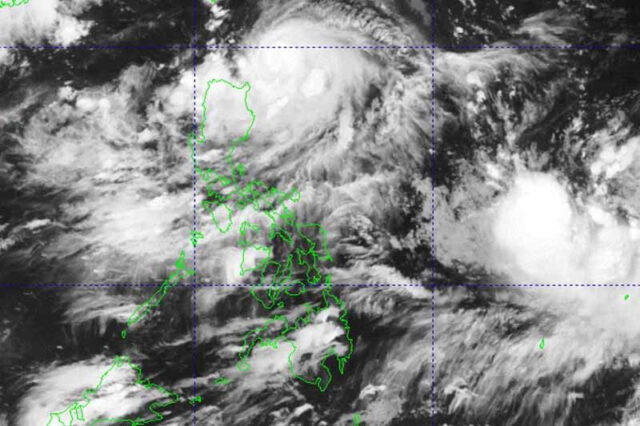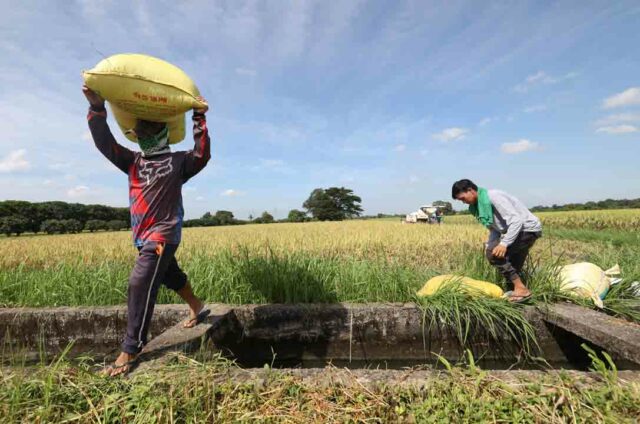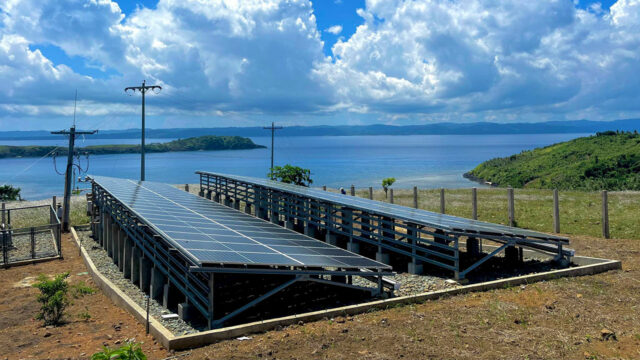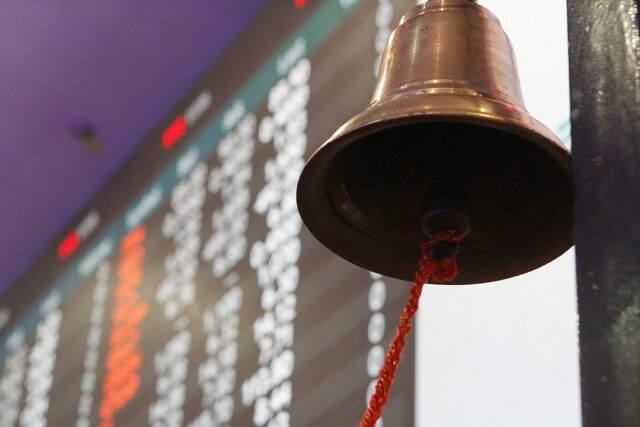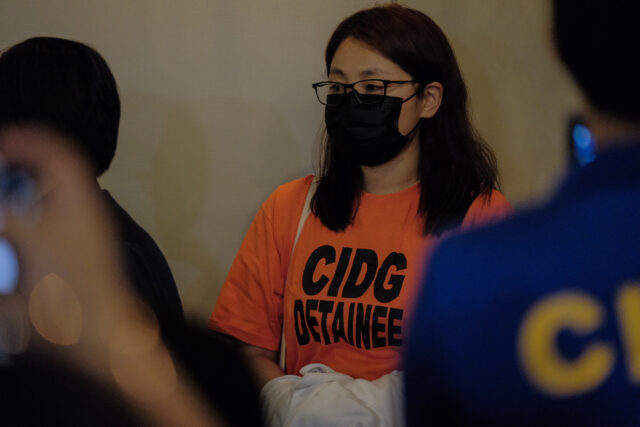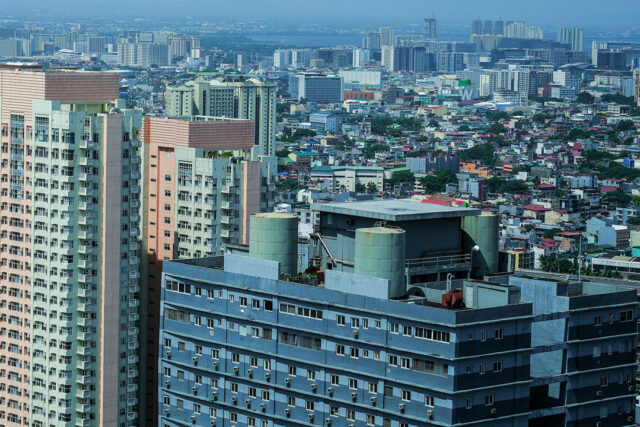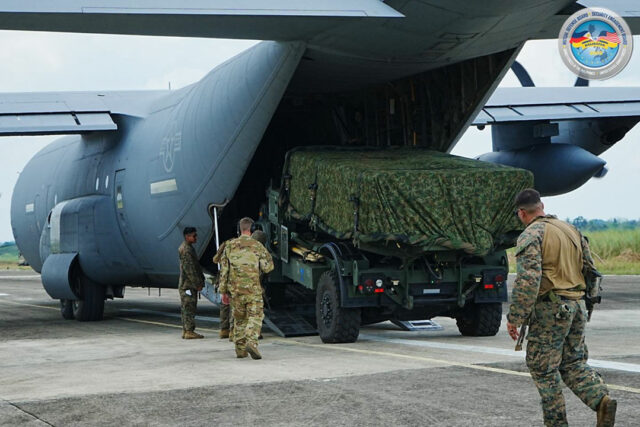By Vonn Andrei E. Villamiel
RICE production in the Philippines has largely stagnated since 2017, even as consumption continues to rise, leaving the country increasingly dependent on imports, according to a study by the Ateneo de Manila.
Citing data from the Philippine Statistics Authority (PSA), the researchers said in 2022, consumption exceeded domestic production by 2.3 million metric tons (MMT), equivalent to an 18% deficit.
Over the decade leading up to 2023, total palay (unmilled rice) production rose only 9% — from 18.4 MMT to 20.1 MMT. Farmland planted to rice expanded by only 1%, while average yields increased 7% from 3.9 to 4.2 metric tons per hectare.
The PSA reported that in 2024, palay production dropped to 19.09 MMT due to successive extreme weather events. In the same year, the Philippines, the world’s largest importer of rice, brought in 4.68 MMT of rice, according to data from the Bureau of Plant Industry.
The researchers from the John Gokongwei School of Management and the Ateneo Department of Environmental Science identified limited farmland expansion, slow yield growth, climate shocks, and uneven public investment as the main factors behind the stagnation.
The report also said urbanization was not a major driver of declining rice production.
Asked to comment on the results of the study, former Agriculture Secretary William D. Dar told BusinessWorld via Viber that the findings show that government resources for rice are not translating into sufficient gains in production.
“It pains to see that there is an increasing rice deficit in the country. We could do much better with about 65% of the budget for agriculture dedicated to boosting rice production,” he said.
Federation of Free Farmers National Manager Raul Q. Montemayor said the study’s findings confirm long-standing warnings that local production is falling behind demand while farmers struggle to compete with cheaper imports.
“We have been saying this all along that our domestic production is not catching up with population and demand growth … This is exacerbated by the fact that our farmers remain uncompetitive against imports, and their cost of production has hardly improved, thus making it more attractive to import,” Mr. Montemayor told BusinessWorld via Viber.
He added that excessive importing, in turn, depresses the prices farmers get for their palay, further discouraging farmers from increasing production.
According to the study, between 2018 and 2023, rice output rose 40% in the Bangsamoro Autonomous Region in Muslim Mindanao, driven by infrastructure investment and greater political stability.
Cagayan Valley and Ilocos Region posted increases of 27% and 16%, respectively, supported by expanded irrigation, improved seed, and farm mechanization.
Rice production fell 15% over the same period in the Cordillera Administrative Region and declined 11% in the Eastern Visayas, driven by farmland loss, stagnant yields, typhoons and droughts, and farmers shifting to more profitable crops.
Despite initiatives such as the Rice Competitiveness Enhancement Fund (RCEF), the researchers said national programs have not been enough to boost productivity in laggard regions.
The RCEF, a component of the Rice Tariffication Law, channels tariff revenue from rice imports to farmers with improved seed, mechanization, credit, and extension services.
“Broader assessments suggest that RCEF has not consistently translated into improved farmer incomes or productivity … Structural challenges in the Philippine agricultural sector, including landlessness, weak market linkages, and inadequate public investment, limit the effectiveness of programs like RCEF,” the research said.
Mr. Dar added: “The outcomes… lead us to conclude that much of these various interventions and subsidies given to rice farmers are not contributing much to increasing productivity, hence low production,” he said.
The study’s authors said closing the growing rice deficit will require regionally targeted, climate-resilient strategies, including stronger irrigation, better support services, and measures to reduce production costs.
“Our research highlights the need for a more efficient and holistic approach to solve the rice stagnation problem in the Philippines, one that integrates seed and mechanization interventions with infrastructure investments, financial incentives, and capacity-building programs,” the report concluded.
Mr. Dar said the government should focus on strengthening farmer training, capacity and support systems if it wants to narrow the deficit.
“We need to intensify the training of rice farmers and enhance the capacity of extension agents. It is necessary to make the DA’s partnership with (local government units) much stronger by using the relevant technologies. Of course, the distribution of agri inputs by the government must be efficient and on time before the planting season,” he said.
Mr. Montemayor said attention should also be given to improving farmer incomes and shifting “away from the obsession with self-sufficiency at the expense of farmers.”
“If farmers generate attractive incomes from rice farming, they will invest money and effort into their farms, and this will be the key to improving productivity and competitiveness. No amount of subsidy or incentive from the government will convince farmers to improve their output if they continue to lose money,” he said.

